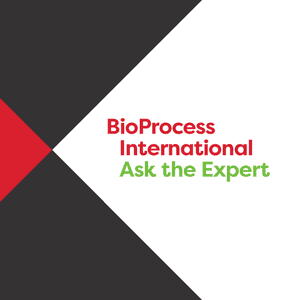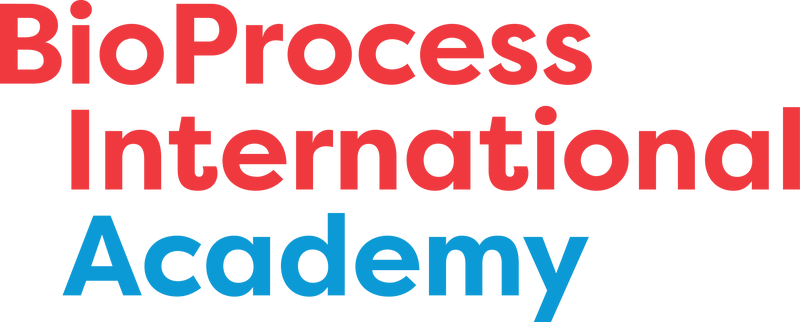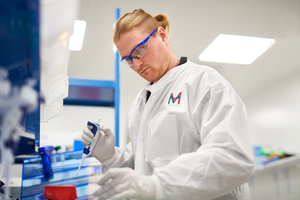Outsourcing Clinical Manufacture
July 1, 2008

The biopharmaceutical industry is a predominantly research-based industry that is rapidly maturing toward commercialization. As it does so, biopharma executives have to grapple with complex issues concerning process development, scale-up, and preclinical manufacture of material for toxicology studies, clinical studies, and eventually commercial sale. Selecting a suitable CMO, negotiating a robust contract, and managing on-going relations are of utmost importance to successfully securing a timely, quality supply of product.
There are very different types of CMO. Some CMOs are biopharma companies with their own product(s) under development that rent out surplus manufacturing capacity. Most clients avoid surplus-capacity CMOs because of issues with security of supply. If a surplus-capacity CMO is small, it carries the inherent risk of failure associated with its own clinical products and subsequent corporate instability. On the other hand, if a surplus-capacity CMO is large and successful, then its own in-house products worth $250 million to $1 billion in annual sales will clearly take priority over a $2–15 million service contract. Thus, dedicated CMOs without products of their own that specialize as “service” companies are the preferred CMO for most biopharmas.
Dedicated CMOs may be categorized as small start-ups (10–70 employees, new facility, immature GMP systems), midsized CMOs (70–150 employees with established multiyear facility track records and commercially licensed GMP systems), and large CMOs (>200 employees, part of multidivisional corporations with changing priorities and sometimes foreign-based management and decision making). By conducting CMO selection using the most commonly used decision priorities outlined here, clients very quickly sort out the lower-quality or arrogant, inflexible companies from those that are hungry for their business and capable of serving them.
Most Common Selection Criteria: quality, capability and capacity, cost, and CMO stability.
Selection Process
High-quality CMOs such as QSV Biologics typically book their GMP suites up to 12 months ahead. Given the sourcing and contract negotiation period and the technology transfer, assay qualification/validation, process development, and scale-up procedures, that means biopharma executives must engage CMOs 1.5–2 years in advance of requiring clinical grade material! However, it is possible to obtain a quote from a CMO that delineates timelines, milestones, and costs associated with generating toxicology and/or clinical material. If a CMO is serious about winning your business, it will be happy to establish an early relationship.
For example, after signing a confidentiality agreement (CDA) to protect your intellectual property and/or trade secrets, a CMO should be able to quickly provide a preliminary estimate — including scope of work, timelines, and cost estimate — necessary for biopharma planning and financing: 1) Establish CDA; 2) Preliminary estimate; 3) Site visit/audit; 4) Master service agreement.
Once the biopharma company is ready to proceed, a site visit to the CMO is recommended to see the facility and meet its key staff first hand. During this visit the biopharma company should also consider conducting a quality audit.
It is important to understand the CMO’s business model and motivations during negotiations. Fundamentally, the CMO is providing infrastructure and capacity — providing access to a GMP facility, trained operators, and GMP quality systems and procedures. The CMO is driven by GMP suite occupancy and will be faced with lost opportunity costs if it is unable to fill that capacity. Therefore, it will require a substantial nonrefundable deposit to secure timely access to the GMP suite.
Unless a CMO is conducting long-term commercial manufacture on your product, it will not have the necessary experience and statistical performance data to be able to reliably predict product quantity and quality. Without this, a CMO cannot reasonably be expected to commit to specific quality and quantity deliverables other than to follow batch records diligently and manufacture client product to GMP standards. It is therefore in the interests of biopharma companies to ensure that sufficient laboratory-scale work has been accomplished with the CMO to provide a comfort level in regards to achievability, robustness, and reproducibility of the process. Also, you will want to ensure that sufficient scale-up and engineering runs are accomplished before commencing a GMP campaign.
Once a CMO has been identified and secured, the next step is to manage the relationship to ensure timely, cost-effective delivery of clinical product. Good CMOs will emphasize the relationship with their clients because it is a “body-contact sport,” and they should underscore this with an emphasis on project management, communications, and a team approach to contract management.
Therefore, in planning for outsourced preclinical, clinical, or commercial manufacture, build a relationship with a quality CMO early on. Allow for an 18- to 24-month lead time to identify candidates, select among them, and negotiate a contract. Select the CMO with a discerning eye based upon the criteria presented here — plus of course your face-to-face impressions!
You May Also Like





